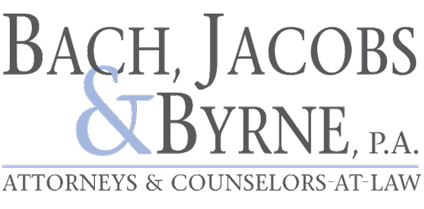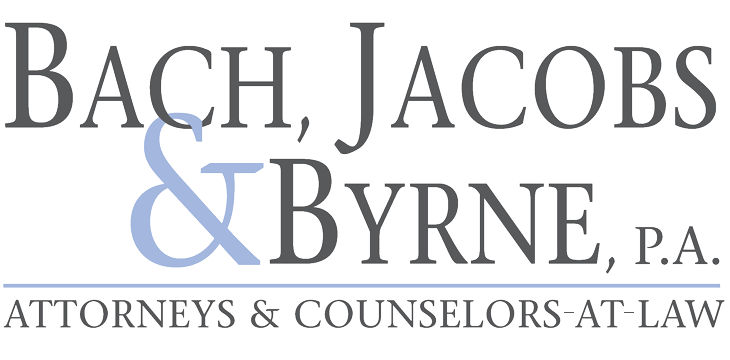Saving for Retirement 101: splitting savings between traditional & Roth 401(k)s
When utilizing a 401(k) plan for your retirement savings, you may be given the option to choose between a traditional or Roth account, but it does not always have to be one or the other. Instead, you may be able to split your savings between the two.
Why splitting savings may benefit tax saving and retirement planning goals:
A traditional 401(k) holds pre-taxed savings taxed as income when withdrawals are made in retirement. On the other hand, Roth 401(k) savings are already taxed; as long as you’ve had the Roth account for five years, the money withdrawn in retirement is tax-free.
Younger individuals with many income-earning years ahead may decide to put their savings into a Roth 401(k). Older individuals, who do not have as much time for their money to grow, may not reap the same benefits. However, putting some money into a Roth 401(k) may be worth considering especially when a taxpayer is still more than five years away from retirement; there is no minimum contribution requirement, so one can save as little as 1% of savings in this type of account to trigger the five-year clock.
Benefits of tax diversification:
- Shifting the tax load when paying into accounts
- Flexibility when withdrawing in retirement
Sophisticated tax strategies
Roth and Traditional 401(k)s both have RMDs. However, Roth account withdrawals are tax-free. Closer to retirement age, individuals seeking to avoid RMDs can roll over both types of accounts to a Roth IRA; these accounts do not require RMDs until the account owner dies. Additionally, it is still possible to keep a traditional 401(k) and roll over a Roth 401(k) to a Roth IRA to maintain some level of tax diversification.
Estate Planning is an important component of financial planning. At Bach, Jacobs & Byrne, P.A., we address tax issues and avoidance as part of estate planning. If you live in Sarasota, Manatee, or Charlotte County, contact Bach, Jacobs and Byrne, P.A. at (941) 906-1231 to evaluate whether your estate plan is tax efficient.



